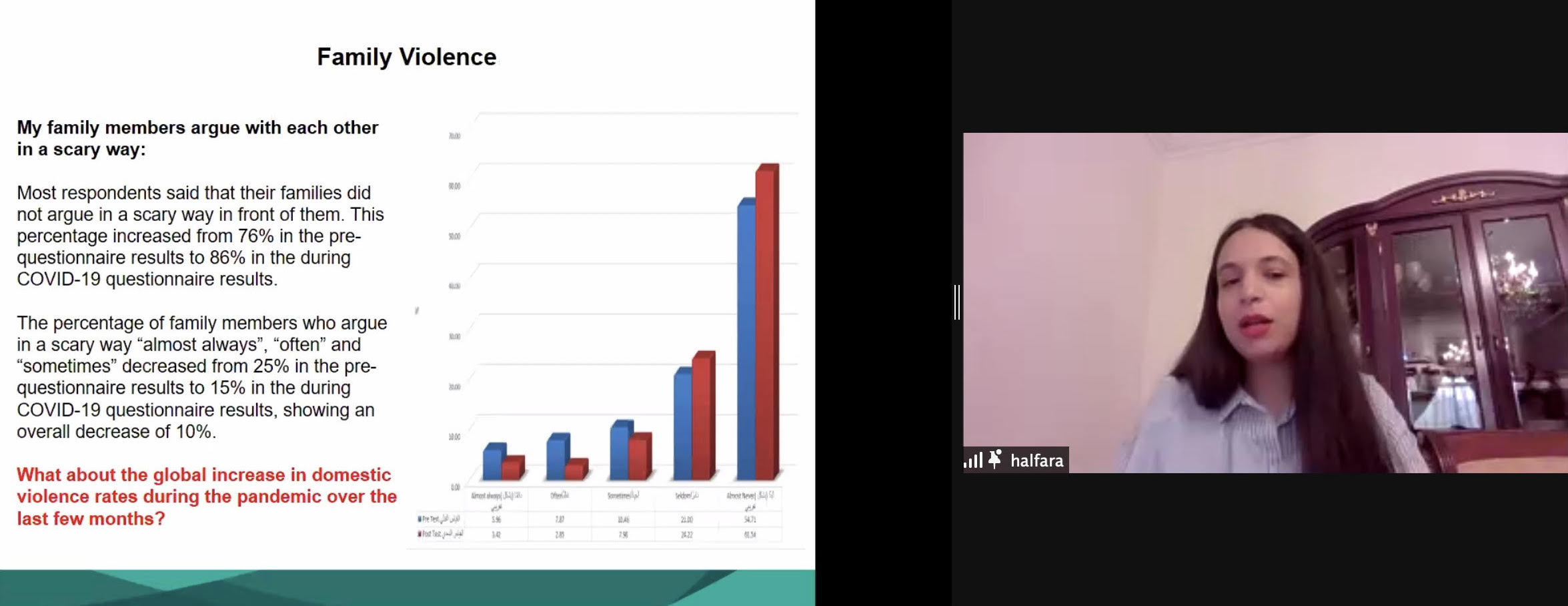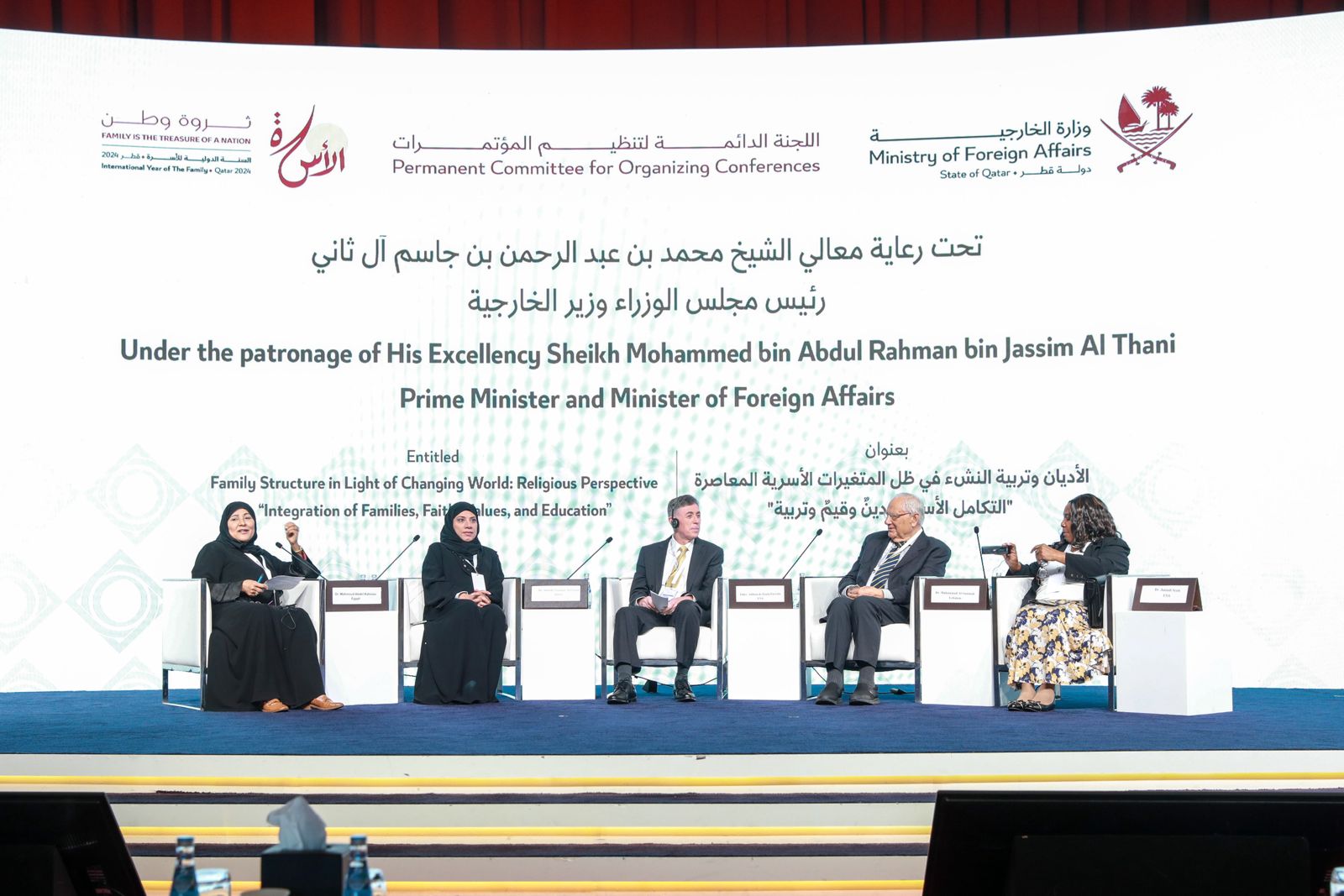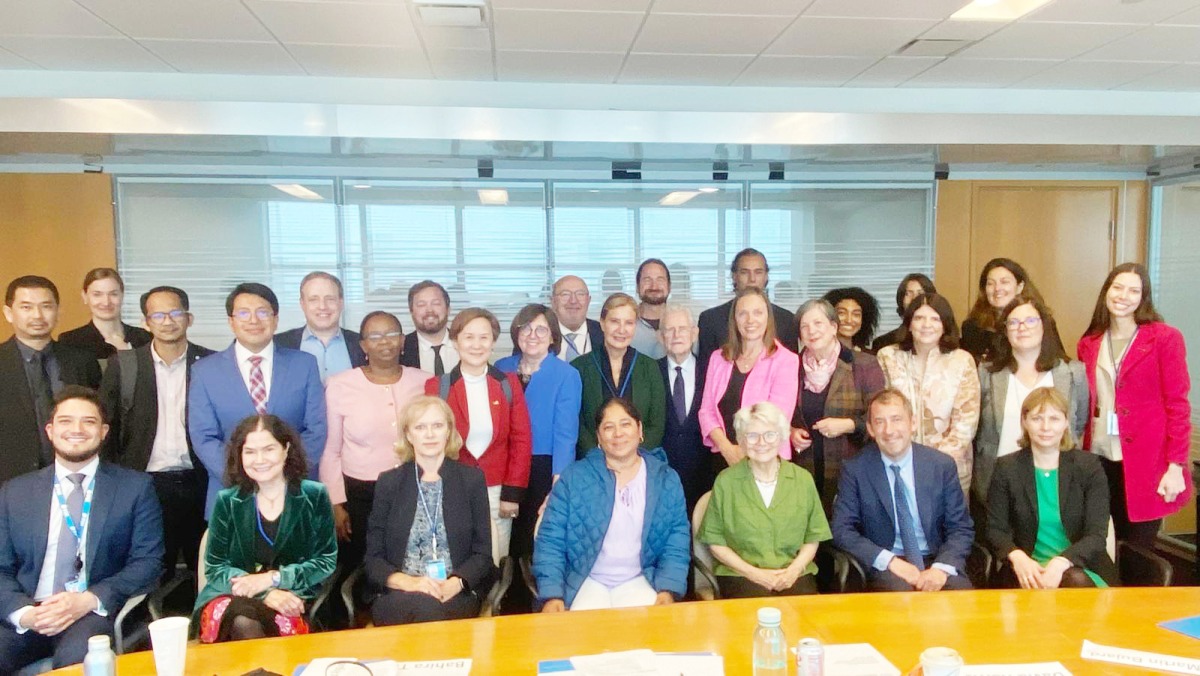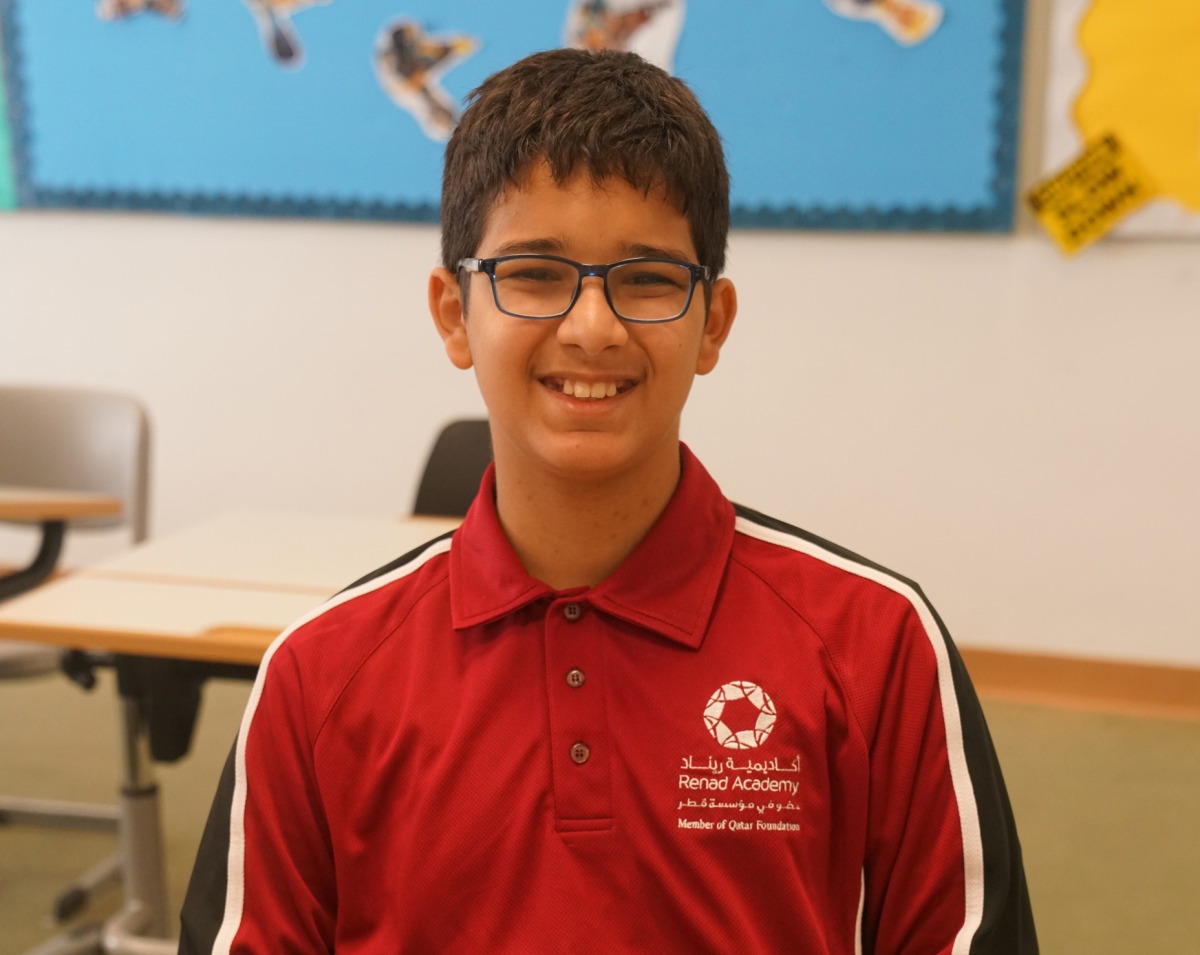
Dialogue Organized by the Doha International Family Institute (DIFI). Topic: As They Raised Me From Childhood: Specialized Programs to Better Parenting

At international conference on family cohesion and the pandemic
Doha, Qatar- August, 15, 2021: The COVID-19 pandemic has posed exceptional challenges for families worldwide. While the factors affecting the family’s ability to adapt to life in light of the pandemic differ from one context to another, it has been proven that some common features are necessary to enable the family to maintain solidarity during these crises.
Researchers from Africa, Asia, Europe, Latin and North America, Oceania, and the Middle East convened for an international conference entitled ‘How Strong Families Around the World Endure the Global Pandemic’, to discuss the COVID-19 pandemic, and its impact on families in their countries. The conference discussed how families are using their inherent strengths to endure the effects of the pandemic, and how to further reinforce the family unit through the global crisis.
The event, held over three days, saw presentations from 12 groups of speakers followed by Q&A sessions attended by around 2,000 participants from across the globe. DIFI’s Heba Al Farra, Family Policy Officer, and Aisha Sultan, Researcher, presented the results of two DIFI studies on the family during the pandemic.
Sultan’s presentation, titled ‘The Strengths and Challenges of Families during COVID-19 in Qatar’, explored the impact of COVID-19 on family cohesion in Qatar. The study aims to identify the effects of pandemic-associated challenges on families and gain a better understanding of the attitudes, coping strategies, and resources used by family members, as well as recommended suitable intervention policies, programs, and services to aid families in similar circumstances.
For her part, Al Farra gave a presentation on ‘The Role of the Family on Adolescent Wellbeing during COVID-19’, focusing on family factors that have influenced adolescent health – before and during COVID-19. The project raises the idea of the importance of the close connection between parents and their children in increasing protective factors and reducing those of risk that affect the well-being of adolescents. The primary protective factors included strict and continuous rule setting, conscious surveillance, open and healthy communication, emotional support, and role model behavior, whereas risk issues included learned negative social behavior, dysfunctional parenting methods, limited surveillance, frequent fights, and lack of family cohesion.



The Doha International Family Institute (DIFI) has launched the OSRA research grant in its sixth cycle which is a research grant on Arab families and family policy related issues.
Find Out More